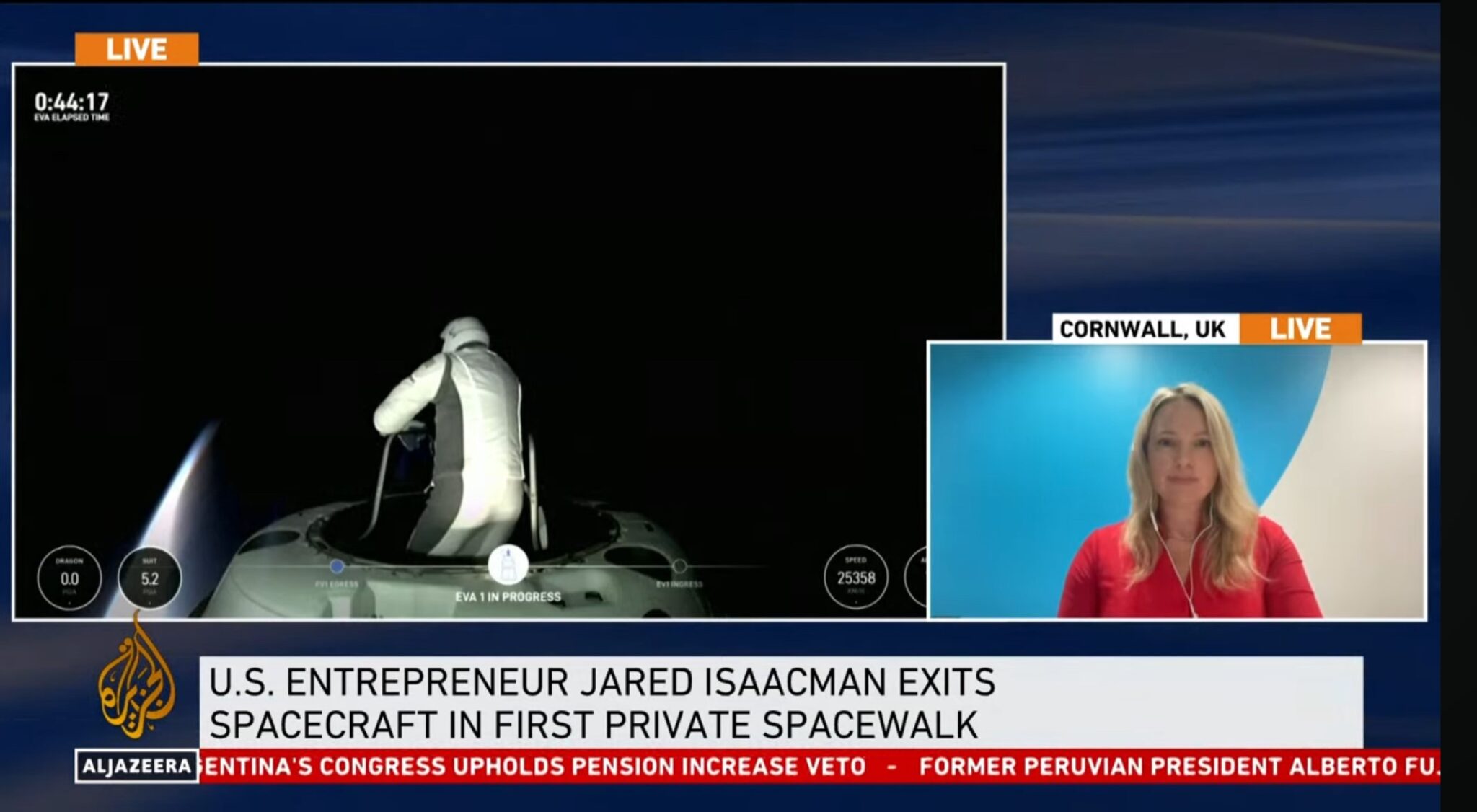It is sad to report that the Australian racing driver, Sir Jack Brabham, three time winner of the Formula One world championship, has passed away at the age of 88. He drove in the era before down-force aerodynamics dominated the sport, and even won his last championship in 1966 using a car of his own design (he had previously been a Royal Australian Air Force mechanic during World War II. He had won previously in 1959 and 1960. While arguably not the fastest driver of his generation, Brabham was however noted as a tough competitor. He was also well liked and regarded as a gentlemen off the track. Sir Jack Brabham raced competitively well into his forties, winning his last Grand Prix (the Mexican GP) in 1970. He retired to farming but enjoyed driving old racing cars well into his seventies. We give our condolences to his family and friends.
Formula One motor racing goes on off course. While the most glamorous and arguably most exciting to watch race in the Formula One motor racing calendar, the Monaco Grand Prix, was won in May by Nico Rosberg in a Mercedes, a problem is becoming apparent. The Mercedes car and team is threatening to dominate the Championship this year. While his battle between Rosberg and his Mercedes team mate Hamilton is expected to go to the wire, it is known that if one driver becomes too dominant even fervent motorsport fans tend to lose interest and hence the world television audience starts to fall. This, in turn, has implications for satellite operators who lease out capacity to cover such world television events.
Earlier this year a Global Media Report published by the owners of the sport’s Media and TV rights noted that its audience was continuing its decline. The audience declined from 515 million in 2011, to 500 million in 2012, to 450 million in 2012. The decline was partly put down by media experts as being due to the dominance of the Red Bull Team and Sebastian Vettel in both seasons which made the sport too predictable to be exciting, especially in the later part of the season.
{Comment by David Todd: It may be time to take all the down-force aerodynamics off the cars in order to get back to the days of exciting Grand Prix racing as it was in Sir Jack Brabham’s era.}
The other reason that the audience declined was that in several countries the sport has been moved off free terrestrial television stations into the hands of subscription-based satellite and cable television services. Despite this, Formula One remains at number three in terms of total world television sport audiences, albeit significantly behind the Olympics and the FIFA World Cup. Of course, the Formula One championship has the advantage in that it remains a regular television event rather than one played very four years.
Satellite companies are ensuring that extra capacity is available to cover the World Cup event beginning in June in Brazil by positioning extra communications satellites nearby. They are also preparing for the summer Olympic Games to follow in Rio De Janeiro two years later, though doubts remain whether they will still need that capacity. It is known that there are serious concerns by the International Olympic Committee over whether the stadia will be completed in time for the 2016 games. There have even been reports in the London Evening Standard that that London, the previous venue for the Olympic games, may be asked to fill in as a new emergency venue city.






